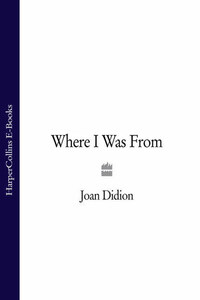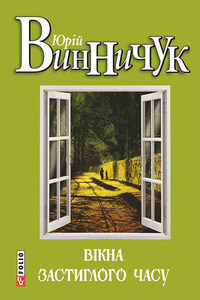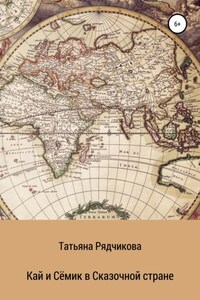MY great-great-great-great-great-grandmother Elizabeth Scott was born in 1766, grew up on the Virginia and Carolina frontiers, at age sixteen married an eighteen-year-old veteran of the Revolution and the Cherokee expeditions named Benjamin Hardin IV, moved with him into Tennessee and Kentucky and died on still another frontier, the Oil Trough Bottom on the south bank of the White River in what is now Arkansas but was then Missouri Territory. Elizabeth Scott Hardin was remembered to have hidden in a cave with her children (there were said to have been eleven, only eight of which got recorded) during Indian fighting, and to have been so strong a swimmer that she could ford a river in flood with an infant in her arms. Either in her defense or for reasons of his own, her husband was said to have killed, not counting English soldiers or Cherokees, ten men. This may be true or it may be, in a local oral tradition inclined to stories that turn on decisive gestures, embroidery. I have it on the word of a cousin who researched the matter that the husband, our great-great-great-great-great-grandfather, “appears in the standard printed histories of Arkansas as ‘Old Colonel Ben Hardin, the hero of so many Indian wars.’” Elizabeth Scott Hardin had bright blue eyes and sick headaches. The White River on which she lived was the same White River on which, a century and a half later, James McDougal would locate his failed Whitewater development. This is a country at some level not as big as we like to say it is.
I know nothing else about Elizabeth Scott Hardin, but I have her recipe for corn bread, and also for India relish: her granddaughter brought these recipes west in 1846, traveling with the Donner-Reed party as far as the Humboldt Sink before cutting north for Oregon, where her husband, the Reverend Josephus Adamson Cornwall, was determined to be the first Cumberland Presbyterian circuit rider in what was then called Oregon country. Because that granddaughter, Nancy Hardin Cornwall, was my great-great-great-grandmother, I have, besides her recipes, a piece of appliqué she made on the crossing. This appliqué, green and red calico on a muslin field, hangs now in my dining room in New York and hung before that in the living room of a house I had on the Pacific Ocean.
I also have a photograph of the stone marker placed on the site of the cabin in which Nancy Hardin Cornwall and her family spent the winter of 1846–47, still short of their destination in the Willamette Valley but unable to get their wagons through a steep defile on the Umpqua River without abandoning Josephus Cornwall’s books. (This option seems to have presented itself only to his daughters.) “Dedicated to the memory of Rev. J. A. Cornwall and family,” the engraving on the marker reads. “They built the first immigrant cabin in Douglas County near this site, hence the name Cabin Creek. The family wintered here in 1846–1847, were saved from extreme want by Israel Stoley, a nephew who was a good hunter. The Indians were friendly. The Cornwalls traveled part way westward with the ill-fated Donner Party.”
My mother was sent the photograph of this marker by her mother’s cousin Oliver Huston, a family historian so ardent that as recently as 1957 he was alerting descendants to “an occasion which no heir should miss,” the presentation to the Pacific University Museum of, among other artifacts, “the old potato masher which the Cornwall family brought across the plains in 1846.” Oliver Huston’s letter continued: “By this procedure, such items can then be seen by all Geiger and Cornwall heirs at any time in the future by simply visiting the Museum.” I have not myself found occasion to visit the potato masher, but I do have a typescript of certain memories, elicited from one of Nancy Hardin Cornwall’s twelve children, Narcissa, of those months on what would later be called Cabin Creek:
We were about ten miles from the Umpqua River and the Indians living there would come and spend the greater part of the day. There was one who spoke English, and he told Mother the Rogue River Indians were coming to kill us. Mother told them if they troubled us, in the spring the Bostons (the Indian name for the white people) would come out and kill them all off. Whether this had any effect or not I don’t know, but anyway they did not kill us. But we always thought they would come one day for that purpose. One day Father was busy reading and did not notice the house was filling with strange Indians until Mother spoke about it.… As soon as Father noticed them he got up and got his pistols and asked the Indians to go out and see him shoot. They followed him out, but kept at a distance. The pistols were a great curiosity to them. I doubt if they had ever seen any before. As soon as they were all out of the cabin Mother barred the door and would not let them in any more. Father entertained them outside until evening, when they got on their ponies and rode away. They never returned to trouble us any more.














